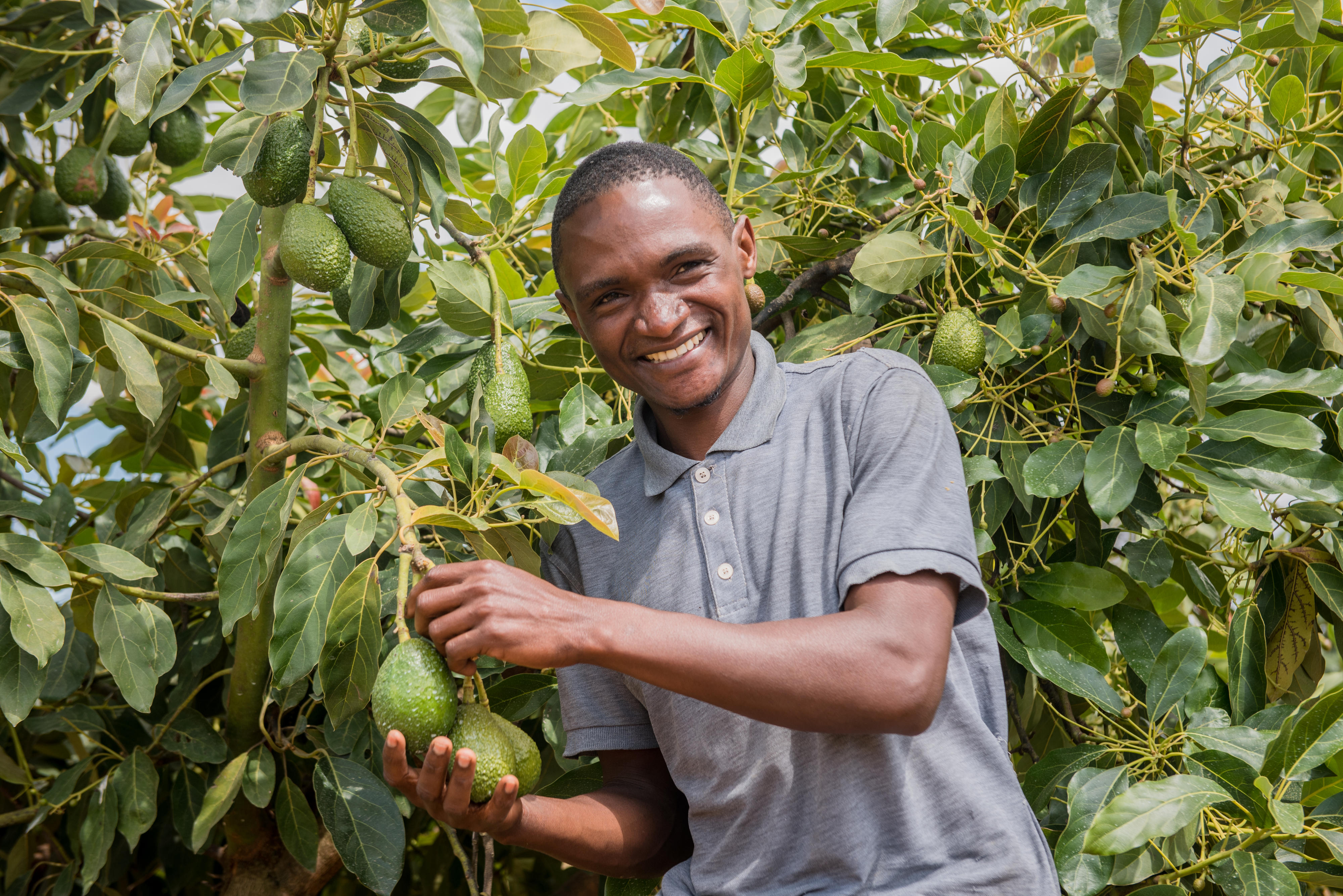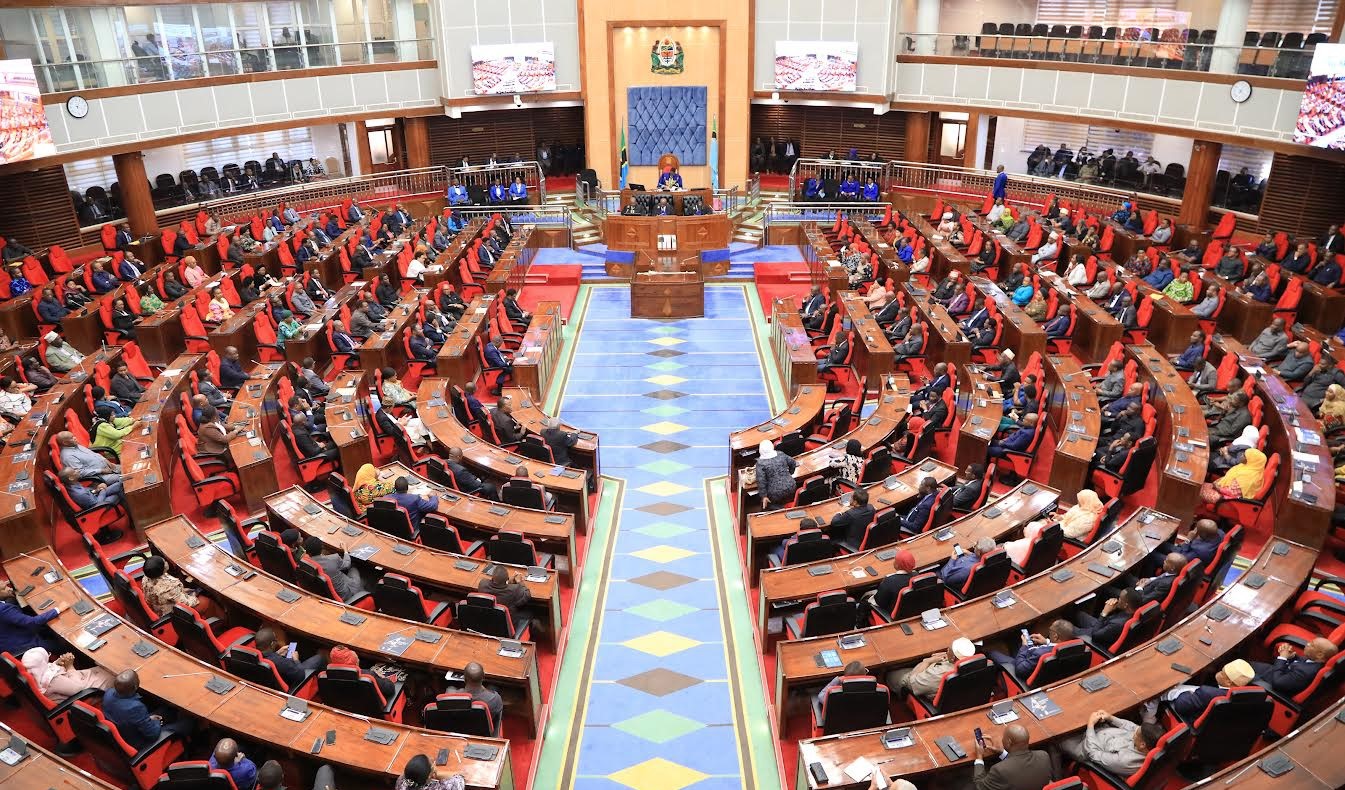Tanzania revives forgotten crops in agroecology push

What you need to know:
- In Tanzania alone, the programme aims to double its reach from 8,000 farmers in Phase I to 16,000 by 2029, with a particular focus on empowering women and youth.
Dar es Salaam. Tanzania is among four countries set to benefit from the second phase of a groundbreaking agroecology programme aimed at transforming food systems by reviving traditional, climate-resilient crops.
The initiative, titled the Consumption of Resilient Orphan Crops and Products for Healthier Diets (CROPS4HD), officially entered its second phase yesterday after its launch in Dar es Salaam.
In Tanzania alone, the programme aims to double its reach from 8,000 farmers in Phase I to 16,000 by 2029, with a particular focus on empowering women and youth.
Globally, the second phase targets five million smallholder farmers across Tanzania, Niger, Chad, and India.
In Tanzania a budget of Sh21 billion has been allocated for the four-year programme, which will be implemented in the southern regions of Lindi and Mtwara, with new expansion to Coast and Dodoma.
However, a Sh6 billion funding gap remains, prompting calls for development partners and private actors to step in.
Country Representative for SWISSAID Tanzania who is one of the partners Ms Betty Malaki said: “This programme is not just about farming—it is about food sovereignty, climate adaptation, and inclusive development ».
She said: “We are placing farmers, especially women and young people, at the centre of change. With the right investment, this programme can help build a food system that is healthier, fairer, and more resilient.”
The CROPS4HD project is implemented by SWISSAID, the Research Institute of Organic Agriculture (FiBL), and the Alliance for Food Sovereignty in Africa (AFSA), with funding from the Swiss Agency for Development and Cooperation (SDC) and the Liechtenstein Development Service (LED).
It aims to promote neglected and underutilised species (NUS)—such as moringa, African eggplant, amaranth, and bambara groundnut—for both consumption and market integration.
According to CROPS4HD International Coordinator Mr Etienne Basset, the project’s push–pull–policy strategy remains central in Phase II.
“We push for agroecological production of resilient crops. We pull by developing markets, awareness and demand. And we embed this in enabling policy frameworks,” he said.
Mr Basset explained, “We are also transforming seed systems by supporting farmer-managed seed banks, selection, and conservation. You can’t grow forgotten crops if farmers don’t have access to the seeds.”
He added that 73 NUS-based products have already been introduced across the four countries, with 148 market access points created and 46,000 farmers engaged in Phase I—though this remains small compared to the potential reach of over 500,000 farmers in target regions.
The programme is fully aligned with Tanzania’s national strategies, including Vision 2050, the Third Five-Year Development Plan (FYDP III), and the National Ecological Organic Agriculture Strategy.
Gracing the event deputy Permanent Secretary in the ministry of Agriculture Dr Stephen Nindi,, urged full ownership of the programme by regional authorities and stakeholders.
“We must synchronise our systems and ensure this project delivers real impact,” he said, noting that Sh11 billion of the national budget is directly tied to sustainable community outcomes.
He said, “It’s time we stop viewing this as just a donor project. Let’s own it.”
Dr Nindi praised the government’s broader agricultural reforms, including the dramatic rise in the agriculture budget, and the rollout of 700 new irrigation projects. He also acknowledged the first phase’s success in reducing food insecurity in Lindi and Mtwara.
“The push–pull–policy model used here is a globally recognised system-thinking approach. It is contributing directly to national goals for food security, climate resilience and agroecological transformation,” said Dr Nindi.
He added, “Tanzania is not just a participant. It is taking leadership in regional and global agroecology movements.”





